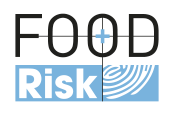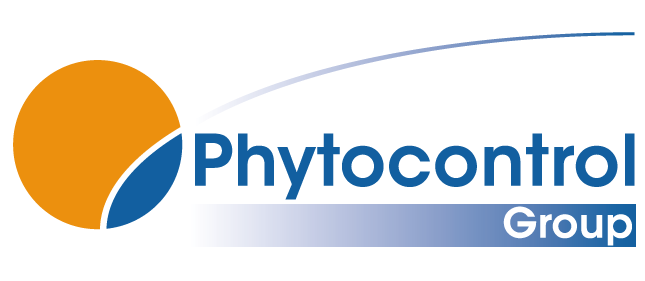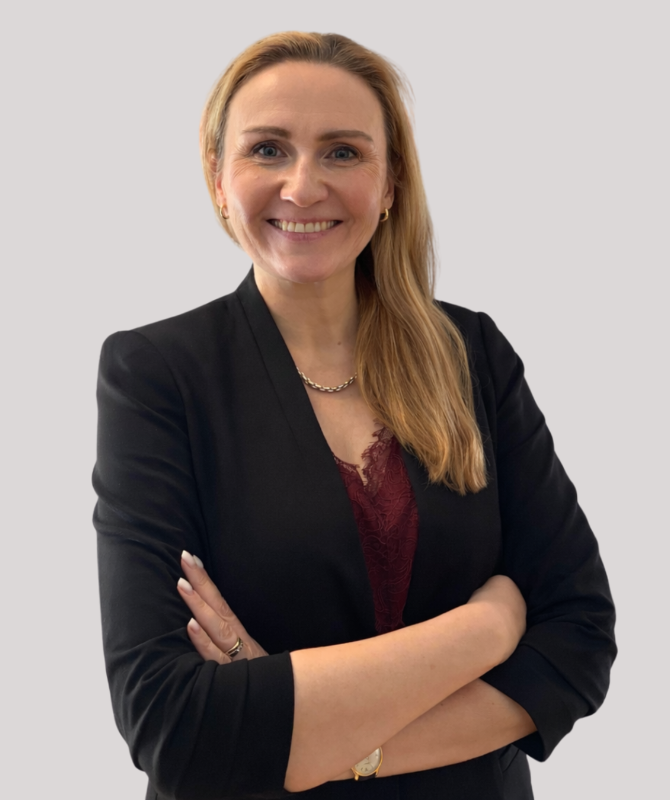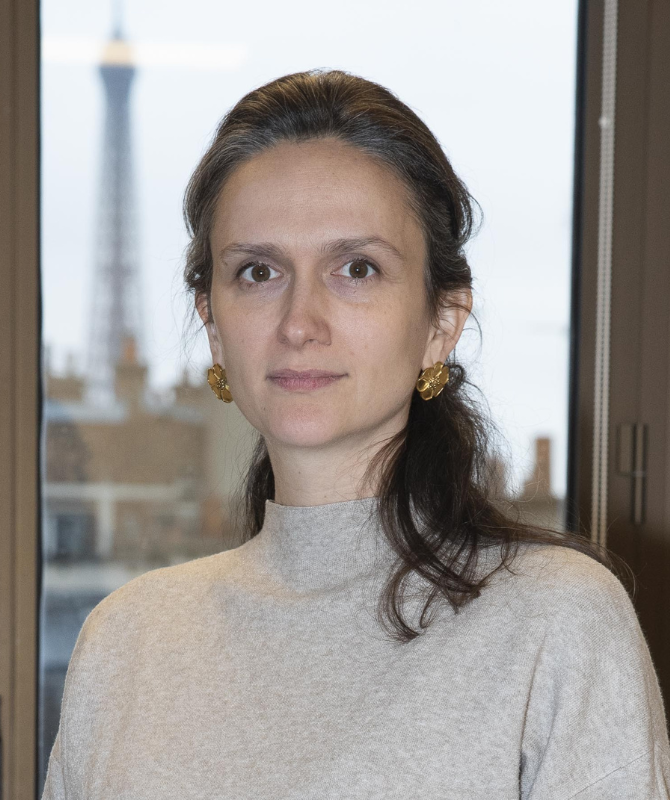Food and health safety is currently undergoing profound changes, due to the combined effects of climate change, pressure on resources and the constant emergence of new contaminants.
As a major player in the agri-food and environmental sectors, we are convinced that scientific innovation, collective responsibility and active cooperation are the keys to meeting these challenges and building a more sustainable future.
It is in this spirit that we are pleased to announce the third edition of the FOOD Risk Scientific Conference, which will be held at the new Palais des Congrès in Nîmes on Thursday 4 and Friday 5 June 2026.
Focusing on Safety and Authenticity, this event will bring together experts, researchers, decision-makers and stakeholders from the agri-food sector for conferences, debates and feedback sessions.
Key themes will include food contaminants, changes in regulation, traceability issues, food fraud, environmental impacts and the drivers of innovation linked to the digitalisation of the sector.
FOOD Risk 2026 aims to be a key event for sharing concrete solutions, anticipating emerging risks and imagining together the future of safer and more responsible food.
We look forward to seeing many of you there.
About

Mikaël Bresson
This third FOOD Risk conference will take place in Nîmes on 4 and 5 June 2026.
Following the success of the last editions, we are repeating the format over two days filled with interactive conferences, testimonials, round tables, perspectives and action plans for the future.
This year’s theme will be food safety and authenticity, covering related topics such as regulation, traceability, digitalisation and new opportunities for professionals in the sector in the context of climate change and globalisation.
Once again, the aim will be to identify measures and strategies to address and meet current and future food safety challenges in the face of risks.
ORGANISER SPOTLIGHT
PHYTOCONTROL is an independent French consulting and analysis laboratory group operating in Europe and internationally, founded in 2006 in Nîmes.
Originally specialising in contaminant analysis, Phytocontrol has become a leading player in the field of food and environmental safety over the past 15 years.
Strong innovation, technical and scientific excellence, and responsiveness are three key drivers that enable the company to satisfy its customers in its various markets:
– Phytocontrol AgriFood: the agri-food sector, from field to plate.
– Phytocontrol Waters: analysis and monitoring of water quality and environmental health.
– Phytocontrol Biopharma: cosmetic and parapharmaceutical analyses.
By partnering with Food Expert Institute and acquiring the zest HACCP digital solution, Phytocontrol Group provides innovative technical solutions and comprehensive support in laboratory analysis, regulatory monitoring and training, quality audits and hygiene advice, and health traceability.















